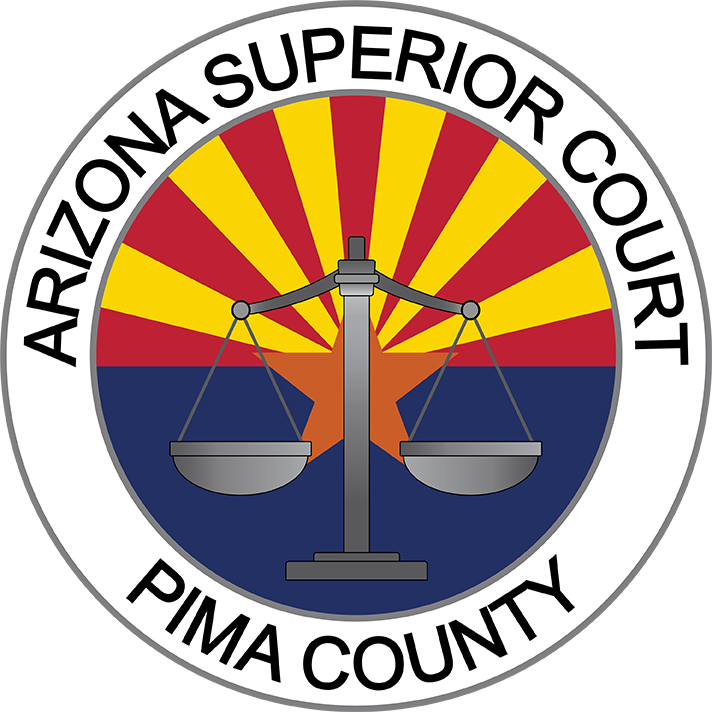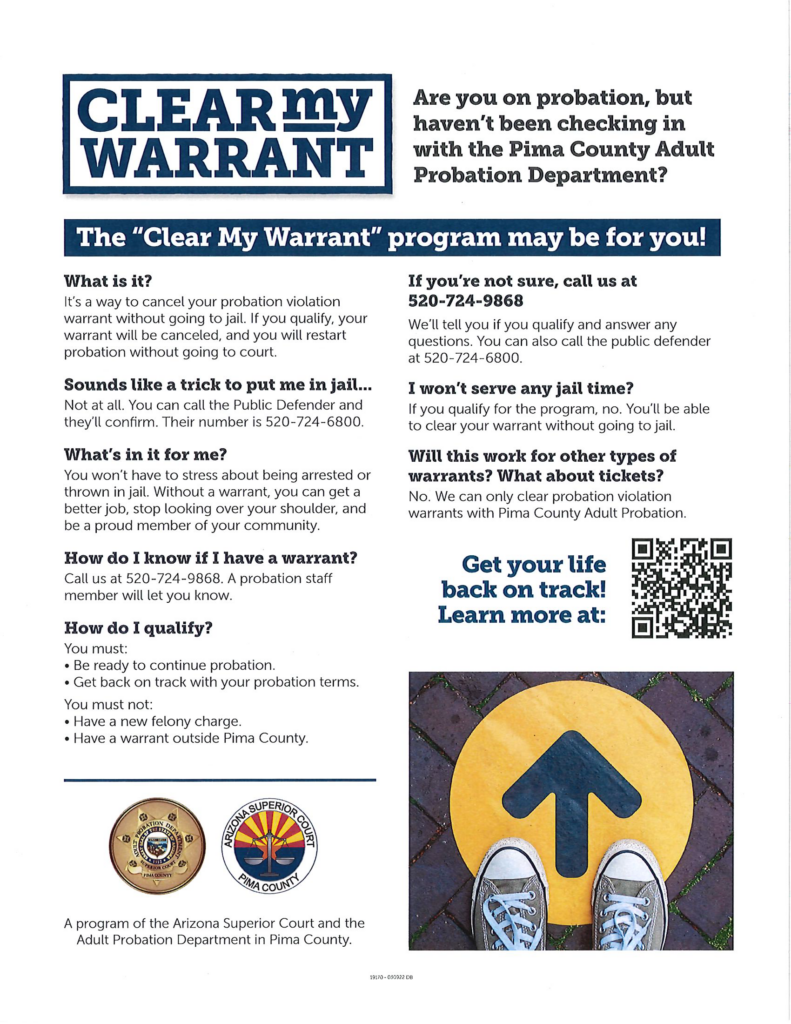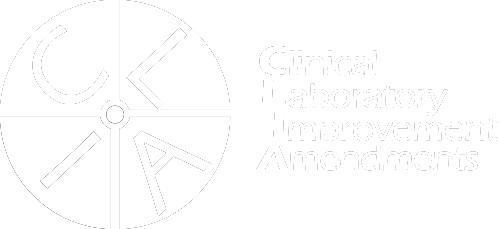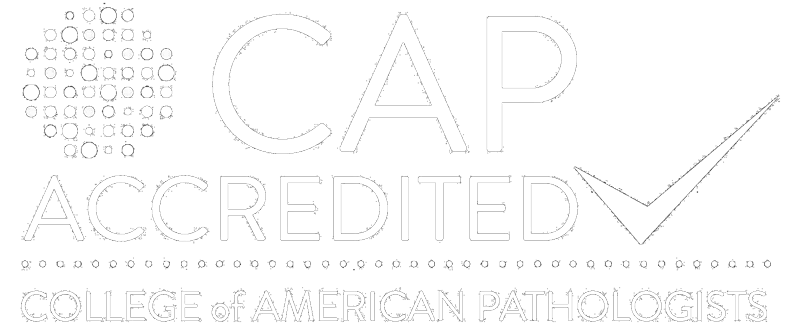
You don’t have to hide.
That’s the message to some probationers in Pima County, Ariz., thanks to a new initiative with nationwide potential.
The Clear My Warrant program aims to reduce outstanding warrants with an enticing offer: Avoid jail time if you’ve skipped out on court-required supervision. And that co-pay for every drug test? It’s covered, too, reducing a financial hurdle for many.
“They can pick up where they left off on probation to complete their term and not look over their shoulders so they can get back on track,” says Bill Castaneda, Division Director, Operations for Pima County’s Adult Probation Department.
The program, designed for low-level offenses such as drug or property crimes – and under certain circumstances – enables probationers to settle arrest warrants issued for absconding without additional jail time. Probationers can call Adult Probation to settle warrants and resume supervision – while continuing testing and treatment for substance use issues.
Grant-Funded Model Program
Clear My Warrant serves as a national model to reduce the number of absconders and improve probation completion rates.
Pima County’s Superior Court began the program in August 2022 after receiving an 18-month grant from the City University of New York (CUNY) Institute for State and Local Governance as part of its Reducing Revocations Challenge “to support individuals on probation experiencing the effects and challenges of substance use, mental health disorders, unemployment, and homelessness.”
Pima County Adult Probation will use $100,000 from the grant to offer more services for probationers while $54,000 will subsidize drug testing.
According to CUNY, from the Challenge website:
“Currently, one in 55 adults is under supervision, representing roughly 2 percent of the US adult population and nearly two-thirds of the total correctional population.
Community supervision is designed as an incarceration alternative, yet revocation rates among people on probation are alarmingly high, and revocations are a significant driver of jail and prison admissions. To counter these trends, evidence-based supervision strategies—such as risk- and needs-based supervision and graduated responses—have emerged over the years, along with efforts in some jurisdictions to reduce the length of supervision terms. While these strategies have effected change in many places, success rates remain far too low. We lack knowledge about the factors, circumstances, and behaviors that drive revocations to jail or prison, and how to respond to clients in a way that prevents new criminal activity without over-punishing less harmful behaviors. This knowledge could inform effective practices that reduce revocations and maximizes supervision success, while at the same time protecting public safety.”
Here to Help
While courts sentence convicted criminals to supervised probation instead of jail time, not showing up for required meetings with probation officers is a probation violation that can lead probationers back in jail. But Clear My Warrant provides a compelling option. “We view this as a public safety initiative. The community is much better protected when probationers undergo active supervision,” said Castaneda.
“Probation is here to help, not punish you. We just want to stop the revolving door and not have bad things happen to people,” Castaneda added.
Other communities nationwide are embracing the concept. Programs supported by the CUNY initiative include:
- Harris County, Texas: Justice System Partners and the Harris County Community Supervision & Corrections Department.
- Monroe County, Ind.: Indiana University and the Monroe Circuit Court Probation Department.
- Ramsey County, Minn.: Robina Institute and Ramsey County Community Corrections.
- Santa Cruz County, Calif.: Resource Development Associates and the Santa Cruz County Probation Department.
Want to learn more about the challenges of reducing revocation? Download the Urban Institute’s study, “Reducing Probation Revocations in Pima County, Arizona.”
For more about Pima County’s success story and how the program works, visit the Arizona Superior Court in Pima County website.



